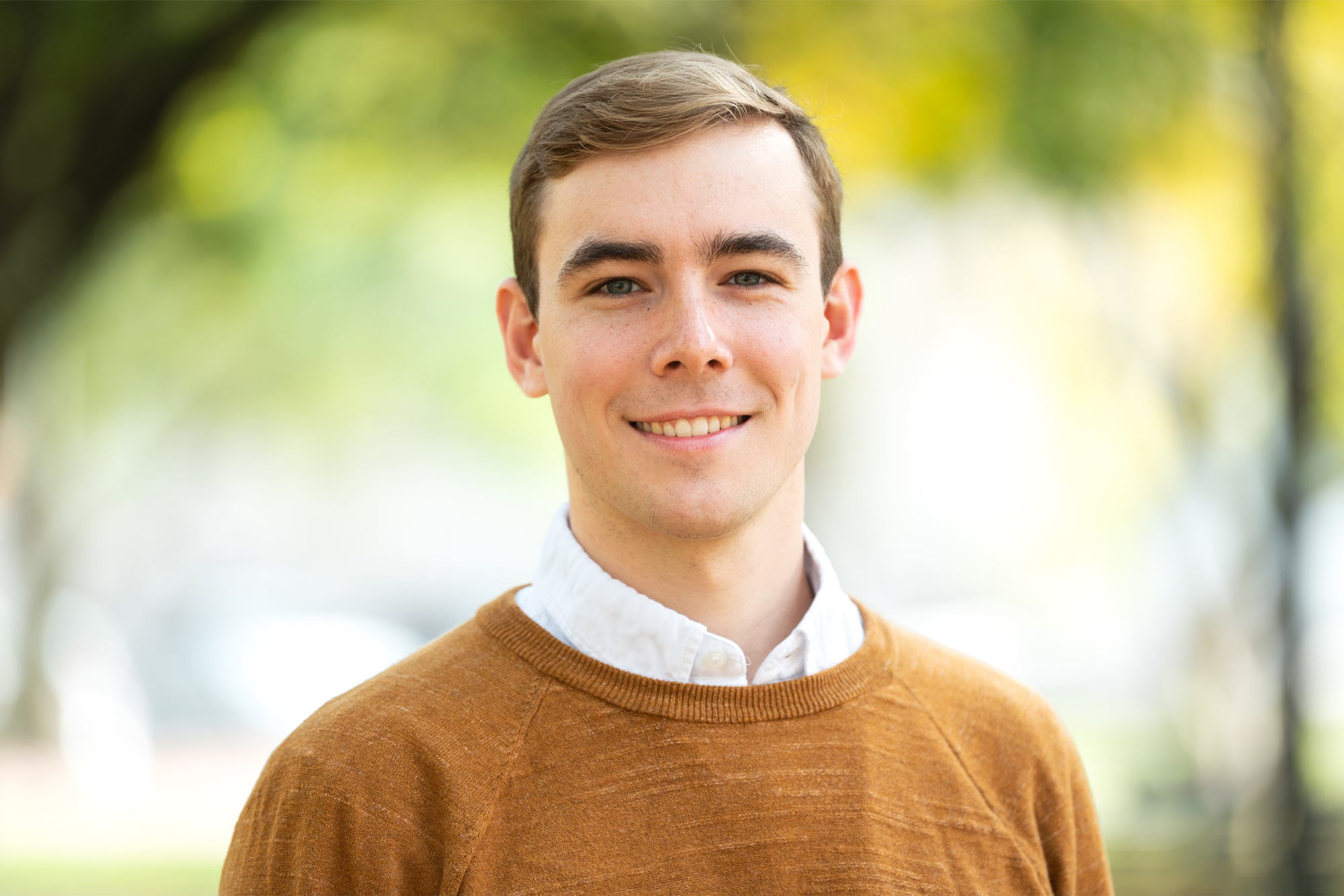“Across China over the past 10 to 15 years, there have been several cities that have exploded in their scientific and productive potential,” he said. “In the future I want to advance place-based economic policies in the U.S. that let communities chart their own course for incentivizing innovation.”
Aside from learning from his Chinese hosts, Buscaglia wants to make connections among the 151 Schwarzman Scholars from 121 universities and 36 countries.
“Learning from them would be important to me,” he said. “It would also be important to meet the various leaders and people that the Schwarzman community attracts and making those connections, especially people knowledgeable about science and tech issues.”
Buscaglia said he started down his current path as a UVA student working on “Innovating 4 Defense,” a program in which students from different disciplines solved problems for the Department of Defense and other government agencies.
“I started at UVA with that program and I really enjoyed it, not because I was especially good at building technology or anything, but because I was around a lot of really smart people,” he said. “I appreciate smart technologists who also want to build in the public interest. I realized I was better at building communities and working with policy issues than I was at building technology.”
After graduating, Buscaglia worked with Dcode, a start-up accelerator, where he helped technology entrepreneurs find their niche.
“I enjoyed working with scientists who were early in the process of starting a company,” he said. “They had a proven technology, but it wasn’t really developed into a product yet. They were still figuring out what they wanted to do with it.
“From there, I was interested in this whole question of ‘How do we incentivize innovation policy broadly?’”
Buscaglia said that despite the recent unrest in China, it is important that he goes there.
“I think the fact that there are so few American students right now means it is important, now more than ever, that we have committed people who want to understand China, rather than turn away from looking at how we talk to each other and understand each other,” he said. “So I think the fact that there are tensions makes it all the more important to learn from other scholars and to get that experience so we have a depth of people who are familiar with each other.”





